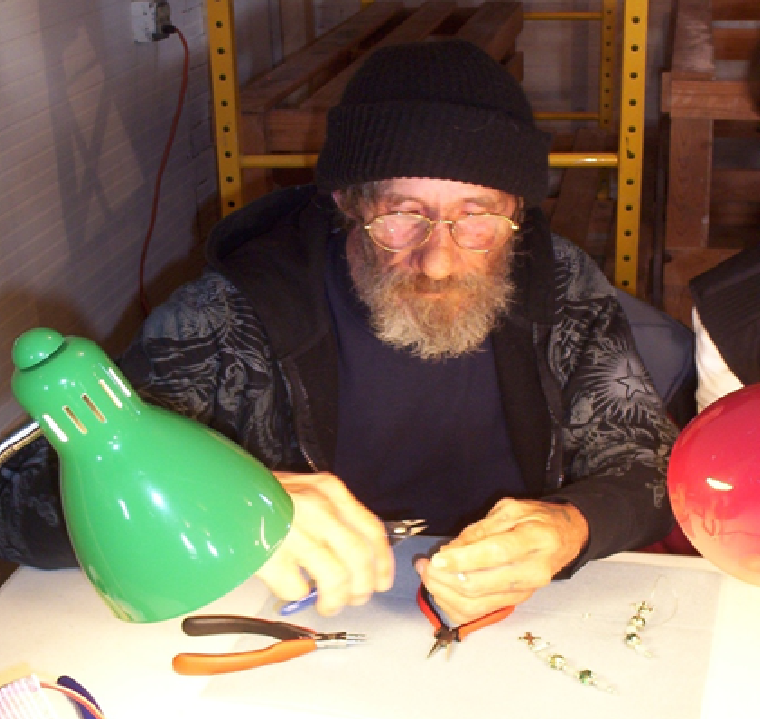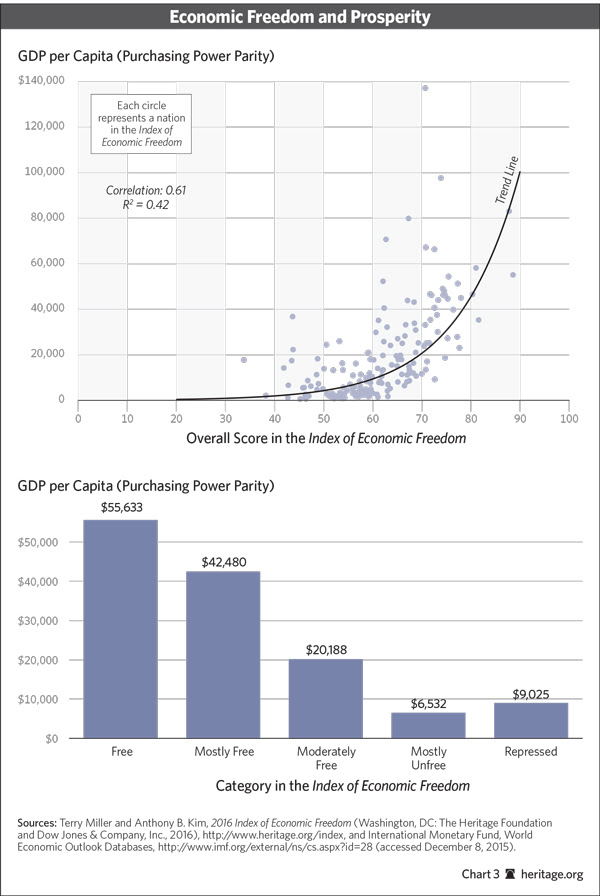Producers Really Are Happier Than Consumers
By James Whitford published in the Joplin Globe March 27, 2016
Recently, after hearing me share that the working poor are happier than the welfare poor, Mark got a job. I’ll never forget when he told me, the huge grin that creased his face and his enthusiastic high-five.
Just a few days ago, I stepped out the front door of the mission and saw Mark with a food box from our pantry. He earned it in our Worth-Shop. Certainly, you know he didn’t have to work for his food that day. He could have gotten it somewhere else for “free,” but this guy whose disheveled appearance and grade-school education would cause many to turn a deaf ear has something beautiful to teach us all: We’re each made in the likeness of a producer, not a consumer. Mark represents a minority who are turning away from handouts for a more fulfilling lifestyle.
The research is clear. Producers are happier than consumers. It’s also clear that givers are happier than non-givers. Increased endorphin release has been measured in response to charitable activity. Both work and charity are keys to joyful living.
The more we feel good about our giving, the more risk we pose of relieving the recipient his need to work and, subsequently, the more we rob him of his joy.
An even greater risk to this joyful living is in our current drift toward socialism. It’s sadly ironic that those who embrace the idea of a statist utopia are actually heading down the path of less charity and less work, a recipe for social malcontent.
Some might question, “Isn’t a socialist society more charitable?” For the most part, no. A number of researchers have proven this, but certainly the study by Hungerman and Gruber on “crowd out” of charitable giving in response to the growth of government welfare programs is telling.
For every dollar the government spends on social service, at least 30 cents of charitable giving is crowded out. One might think that society ends up ahead in that game, but considering the cost of bureaucracy, it’s the poor who end up losing.
The definition of socialism almost always enlists the term “social ownership.” Social ownership is the opposite of private ownership, and yet it’s private ownership combined with compassion that gives rise to charity. Socialism and charity don’t mix. Social ownership also leads to social reliance.
The early American colonists experienced this firsthand. Their initial “social ownership” community model was plagued by a lack of production and stewardship because each individual relied on the group. Maybe Mark could have taught them something about the dangers of social reliance and the importance of self-reliance.
Socialism and work don’t mix, either.
Last week, our case manager was looking for some help to clean up outside the mission and asked a visitor if he’d like to earn a meal voucher. “No thanks,” he said. “I can eat for free.”
If you’re wondering, he wasn’t a very happy person. Neither were we. Maybe Mark, with his enthusiasm, will run into him soon and persuade him to give up welfare and do what he did: embrace work and true charity instead.



